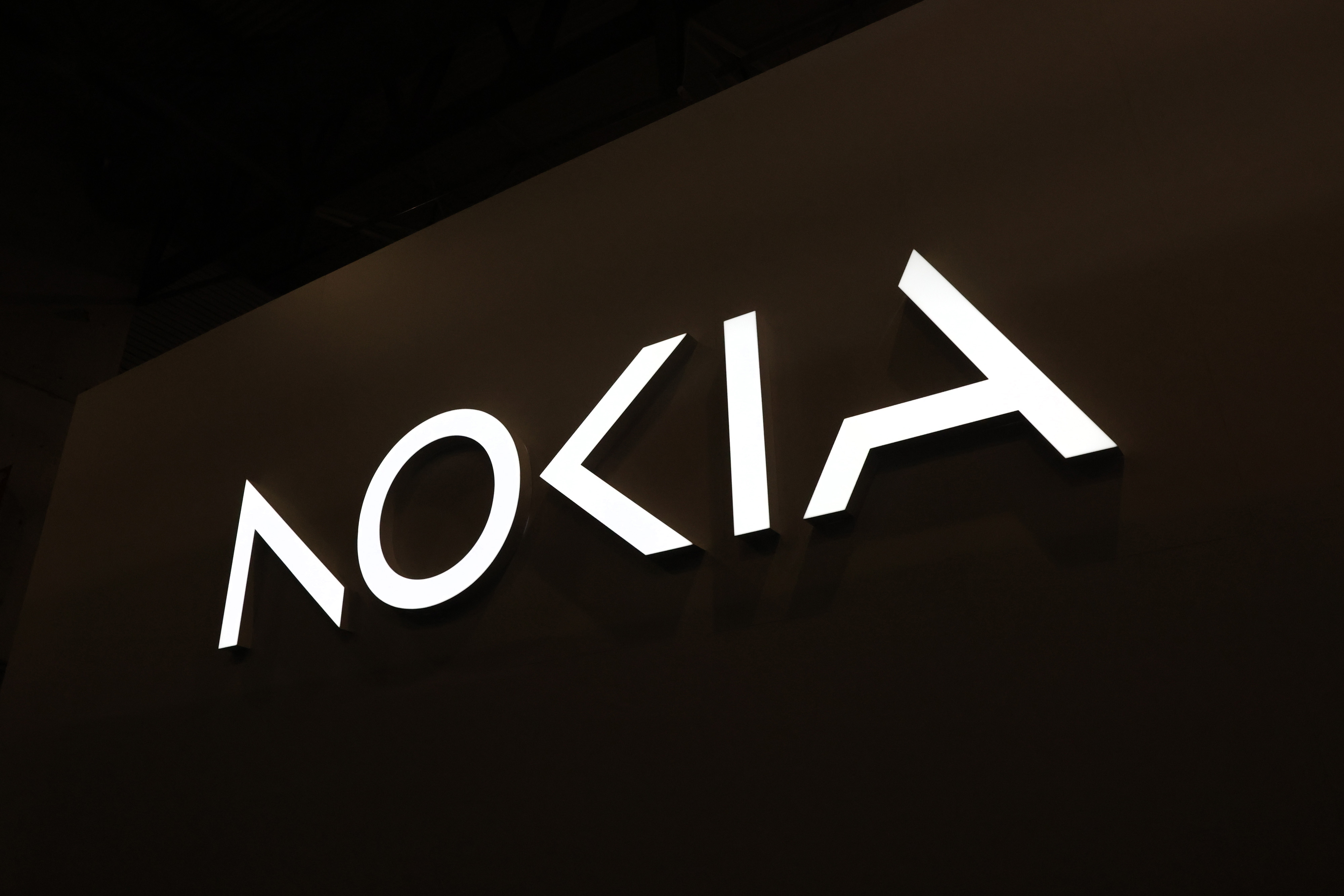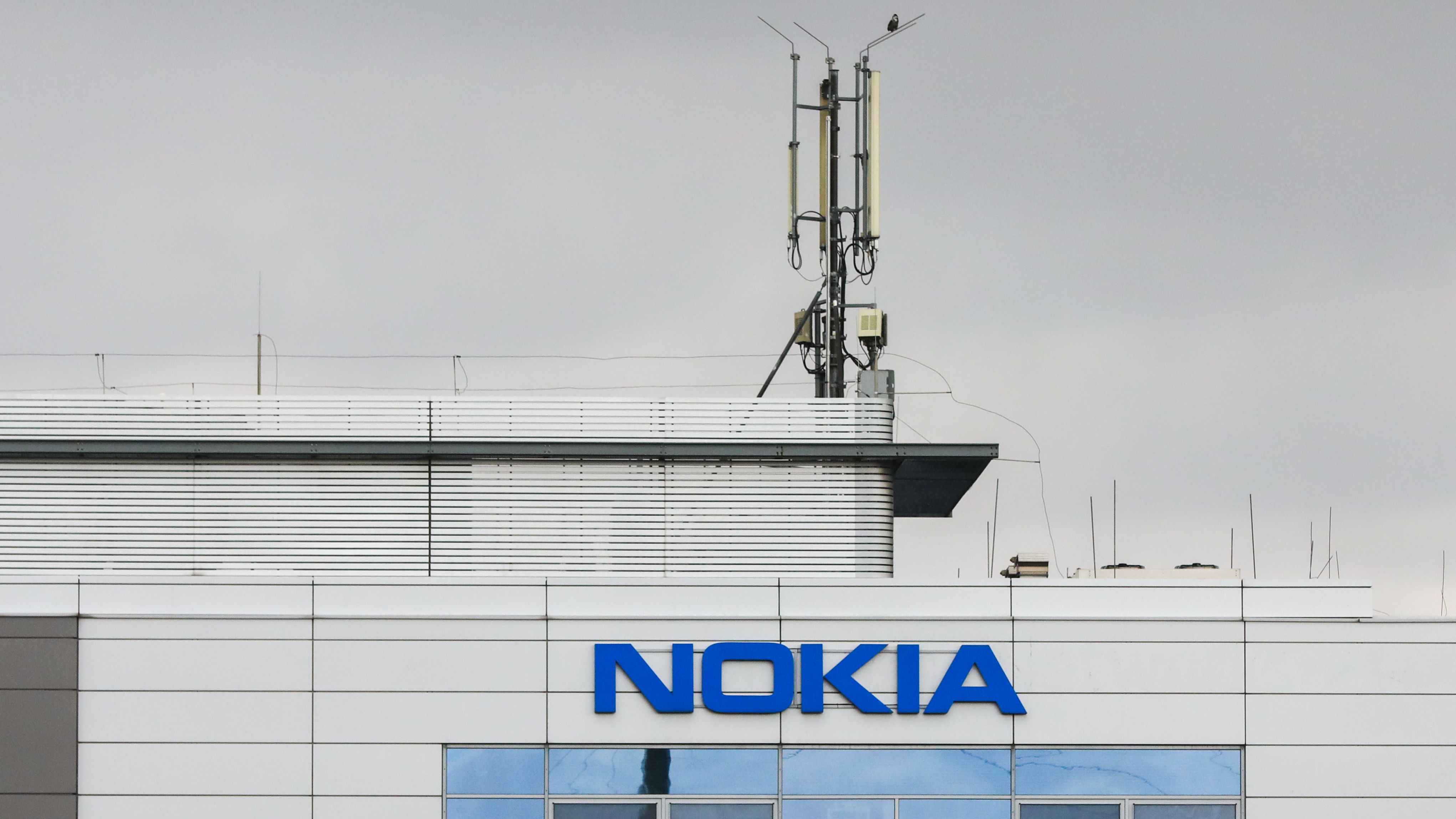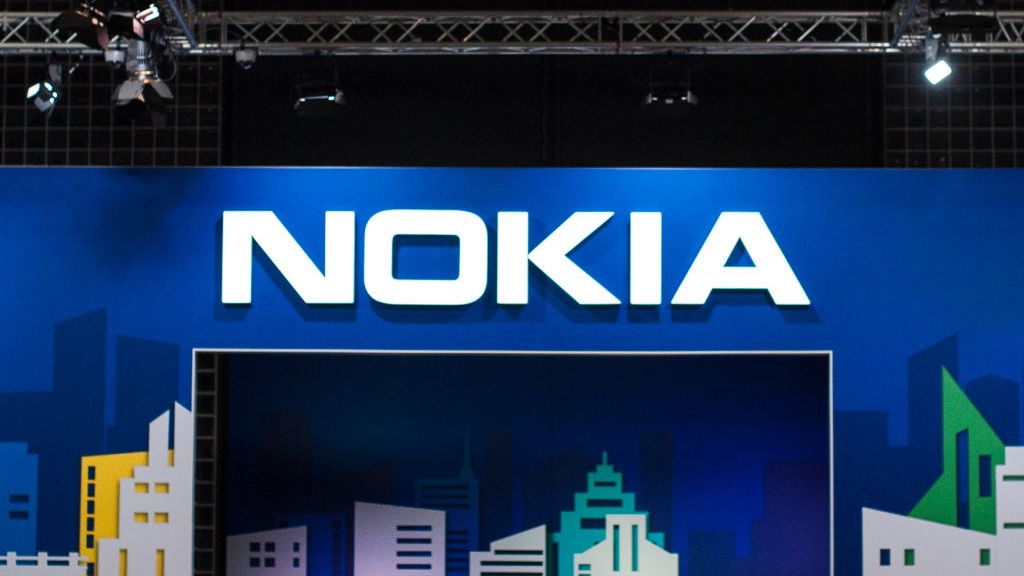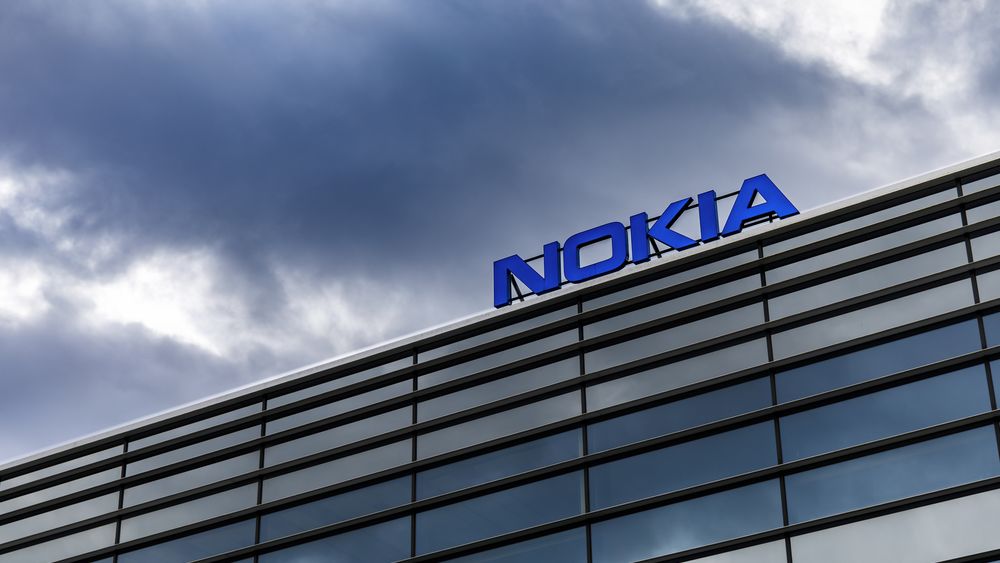Nokia still the smartphone king as European growth slows
The Finnish mobile phone giant still has a big market share - but is looking over its shoulder as battery life becomes central to future success.

Nokia still dominates with nearly three quarters of the EMEA smartphone market, but competing vendors are catching up, according to a report by Canalys.
In the second quarter of 2008, Nokia's market share was at 71.2 per cent the leader by a large margin. However, this was a decrease from the 79.7 per cent it held in 2007, showing that rivals like RIM were making steady gains, while HTC, Motorola and Samsung more than doubled their shipments.
Canalys said that it was possible that Apple would overtake HTC and RIM in Q3 following the iPhone 3G's release.
EMEA smartphone shipments reached 12.6 million in Q2 2008, up 28 per cent from 2007. However, the economic downturn looked like it was having an effect as the growth rate from Q1 to Q2 was the lowest figure seen for 18 months.
Canalys estimated that 58 per cent of smartphones shipped in Q2 had integrated Wi-Fi, 13 per cent had stylus or finger-driven touch screens, and 38 per cent had integrated GPS.
The analysts said smartphone users would still demand high-end features and that the economic downturn was unlikely to have much of an effect.
However it said that until smartphones sorted out battery life problems, owners would not be able to make full use of their smartphone's features.
Get the ITPro daily newsletter
Sign up today and you will receive a free copy of our Future Focus 2025 report - the leading guidance on AI, cybersecurity and other IT challenges as per 700+ senior executives
"People are wary of draining their battery and not being able to make calls. Battery life isn't helped by having GPS and Wi-Fi turned on, nor having a large, bright screen for web browsing," said Pete Cunningham, Canalys senior analyst.
"But there is a clear demand for those features and applications, and advances in battery technology would enable quite substantial changes in usage patterns, with all the service revenue benefits that would bring."
-
 Asus ZenScreen Fold OLED MQ17QH review
Asus ZenScreen Fold OLED MQ17QH reviewReviews A stunning foldable 17.3in OLED display – but it's too expensive to be anything more than a thrilling tech demo
By Sasha Muller
-
 How the UK MoJ achieved secure networks for prisons and offices with Palo Alto Networks
How the UK MoJ achieved secure networks for prisons and offices with Palo Alto NetworksCase study Adopting zero trust is a necessity when your own users are trying to launch cyber attacks
By Rory Bathgate
-
 Nokia hails success of Europe’s first commercial 5G cloud RAN deployment
Nokia hails success of Europe’s first commercial 5G cloud RAN deploymentNews Elise says its 5G cloud network puts it in a strong position during a move towards 6G
By Emma Woollacott
-
 Kyndryl and Nokia extend partnership to drive data center networking gains
Kyndryl and Nokia extend partnership to drive data center networking gainsNews The companies plan to offer more data center networking options aimed at enterprise customers
By Emma Woollacott
-
 Why employee empowerment remains the secret to your success
Why employee empowerment remains the secret to your successAdvertisement Feature With recruitment costs soaring and skills in short supply, talent retention has never been more vital
By ITPro
-
 Serious about sustainability?
Serious about sustainability?whitepaper It’s time you looked at your data centre
By ITPro
-
 Dell and Nokia expand strategic partnership to drive network cloud transformation
Dell and Nokia expand strategic partnership to drive network cloud transformationNews The companies will leverage each other’s expertise and distribution to scale telecom networks and private 5G use cases
By Daniel Todd
-
 Nokia and Google score breakthrough in Android 13 network slicing
Nokia and Google score breakthrough in Android 13 network slicingNews Nokia's solution will allow devices to connect to multiple network slices simultaneously, provided by existing 4G and 5G operators
By Rory Bathgate
-
 Nokia wins Indosat contract to expand 5G across Indonesia
Nokia wins Indosat contract to expand 5G across IndonesiaNews The deal will bring next-gen communication technology to customers across a 1.4 million square kilometre area
By Praharsha Anand
-
 Nokia and Ligado partner on 4G, 5G enterprise private network
Nokia and Ligado partner on 4G, 5G enterprise private networkNews Nokia will leverage Ligado’s Band 24 spectrum to reach the US enterprise market
By Praharsha Anand